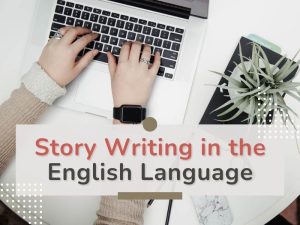
Story Writing in the English Language
By Faculty of Education, Prince of Songkla University
Course Description
The course teaches the basic skills in writing stories, specifically, a narrative. It teaches the story genre, its sub-genres, and the purpose of narratives. It is followed by a reading of a well-written children’s story. It identifies the features of that story such as its stages, phases, and language. It discusses how to construct sensory languages appropriate for stories. All the knowledge learnt are used in brainstorming and constructing a story of your own.
Learning Outcomes
LO1 : Know what stories are, their sub-genres, and their purposes
LO2 : Understand a children’s story by reading
LO3 : Determine the stages, phases, and linguistic features of a well-written story
LO4 : Construct sensory languages for stories
LO5 : Write a story based on the stages, phases and linguistic features of a well-written story
Assessment and Evaluation criteria
- Length
- Price
- Level
- Target Group
- How To Pass
- Certificate
- 5 learning hours
- Free
- Intermediate
- Everyone
- Complete all activities and pass post-test, total: 80%
- Yes
Instructor

Monaliza Hernandez Mamac
Foreign Lecturer
Faculty of Education


